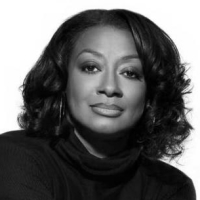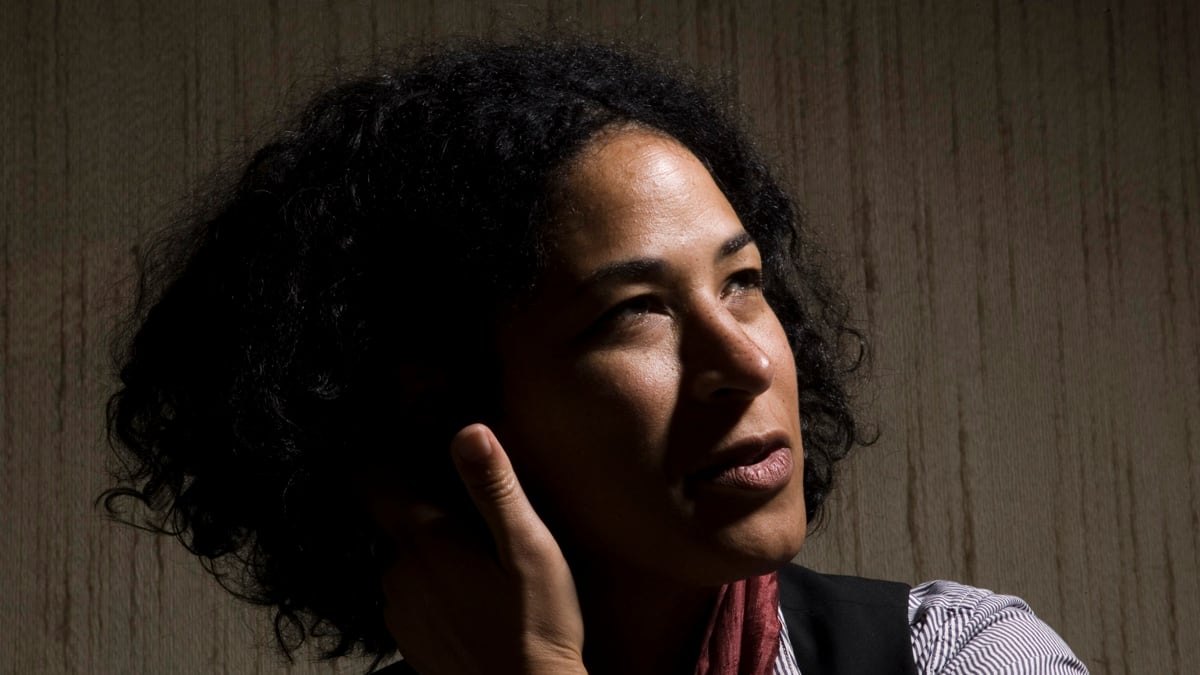From the moment she spotted it in 2008, author Rebecca Walker couldn’t erase a particularly striking image of then soon-to-be President Barack Obama out her of mind. For Walker, the picture of the 44th president of the United States emerging from a sleek black Town Car cloaked in a suave black suit, red tie, and super stylish sunglasses signified a return to an era of black cool she thought had died with the likes of Jimi Hendrix and Miles Davis. She was so impressed with the message conveyed by that particular photograph that she decided a book dedicated to all things black and cool was in order.
“I wanted to look at our culture and discuss what is cool about it that isn’t based on material things,’’ says Walker. “So much recently has connected coolness in the black community with the shoes you wear or the car you drive. That picture of Obama said very clearly that cool is your moral center, your way of thinking and the way you handle the issues you face in life.’’
Though Walker is frequently credited with being one of the founders of third-wave feminism, a movement that redefined women and girls as assertive, powerful, and in control of their own sexuality, she’s also used her voice to lead discussions on subjects such as multiracial identity, race relations, and motherhood.
In a passage from the forthcoming Black Cool: One Thousand Streams of Blackness, Walker writes, “Barack Obama emerges from the metal of a shiny black car as the Mende would emerge from a bath: fresh, new. No longer a boy with big ears, he steps out a prince. His audacity is astounding. His reserve is mesmerizing. His swagger undeniable.”
From her quiet home in Hawaii, Walker invited an impressive array of African-American writers such as bell hooks, Michaela Angela Davis, Margo Jefferson, and Henry Louis Gates to add their unique definition of what exactly constitutes authentic “black cool.” From the book’s 184 pages, it’s clear that authors like Davis relish the idea of discussing a subject that is completely untouchable by the mainstream but also currently in need of massive revisualization and reinvention from its current generation. Davis earnestly asks readers, “How will anyone learn or remember the genius of ‘black cool’ if black folks themselves don’t relentlessly interject interesting, innovative, incredible images into the collective cultural imagination?”

“I definitely thought a great deal about our younger generation when putting this book together,’’ said Walker, the mother of a 7-year-old son named Tenzin. “There are so many ways of receiving information today for young people, but I wanted them to have a book to read. Something they could hold in their hands and turn the pages, because there is something very real about that. So much of the information young people receive today is misleading about who they are. I watch television and see reality shows like Love and Hip Hop, and I just get really frustrated at what our children must be absorbing from that kind of show.’’
While contributing writers like dream hampton add color and spice to the book’s lyrical flow, it is indeed Walker’s elaborate details of her own powerful and painful childhood with her mother, acclaimed novelist Alice Walker, that captivates and illustrates the most about the title subject “black cool.”
In stirring prose, she describes a bath ritual she and her mother regularly enjoyed at the end of their day: “While my mother or I soaked, the other would sit on the floor alongside the tub and tell the news of the day. My mother and I entered the space of cleansing waters and emerged renewed and radiant.’’ Walker also describes the seat or potential throne her mother left in every room, “waiting for a visitor, human or spirit, whatever shape or form.’’
The force of Walker’s loving memories and soulful words makes it nearly possible to forget that she and her mother haven’t spoken to one another in years. Mother and daughter ended dialogue several years ago, a public rift Walker attributes to not one but many issues.
“I have many, many great memories of growing up with my mother,’’ says Walker. “The bath ritual is one that I think about often because it was a wonderful way to connect and bond with her, recounting the events of the day. We had a visible split that everyone saw. It was over issues that many daughters have with their mothers, but ours were magnified by the press. It’s difficult but I don’t speak with my mother now. That doesn’t negate the happy and powerful memories that have stayed with me.’’
Though Walker says she adores her picturesque home in Hawaii, she is considering returning to a world filled with more people. The islands enticed the writer with their lush greenery, beautiful waters, and of course, their connection to black cool and Barack Obama.
“All that played a part in my decision to move here,’’ remembers Walker. “But now it’s feeling a bit too isolated and secluded for me. I miss the hustle and bustle of New York when I fly in to speak or for meetings. I miss the exchange of ideas and conversation. I want my son to feel that, too, so changes may be coming soon.’’






